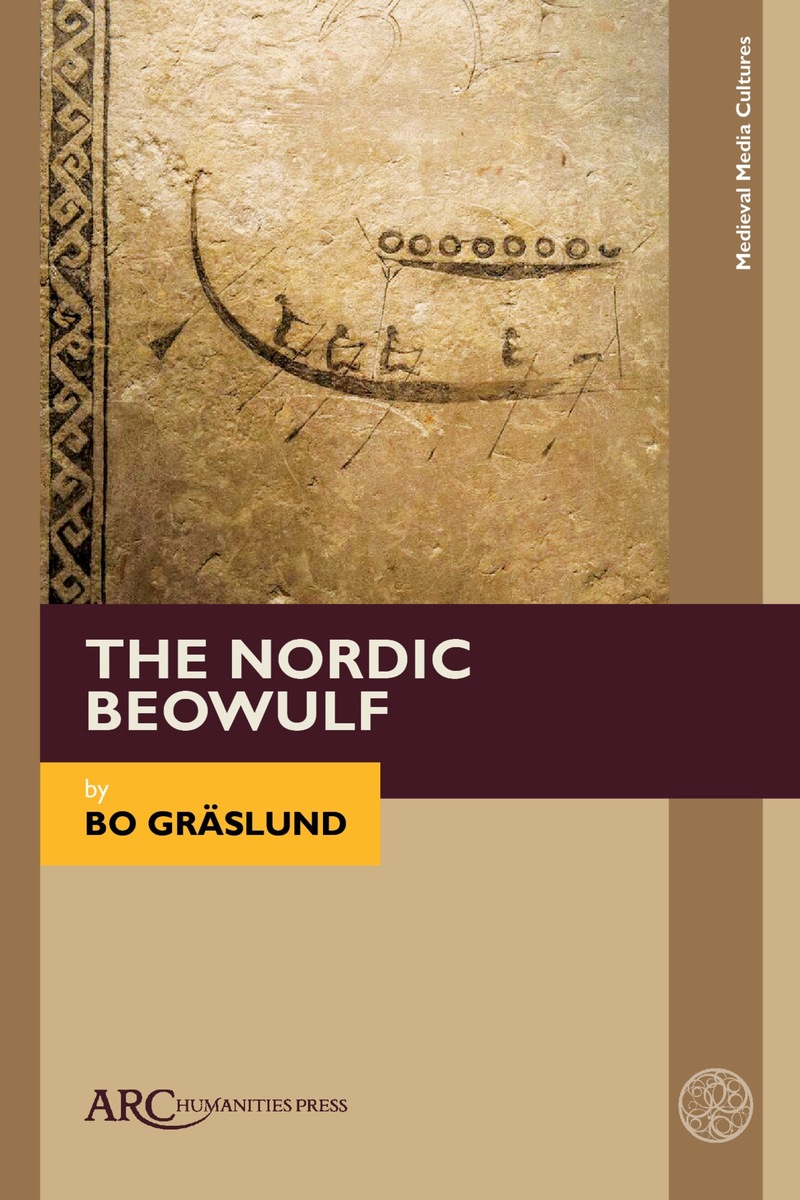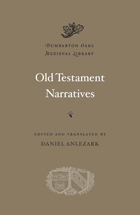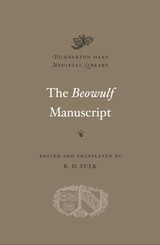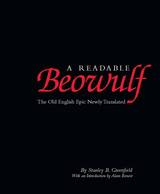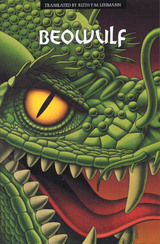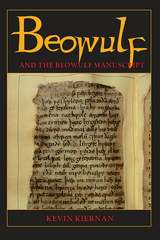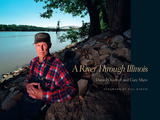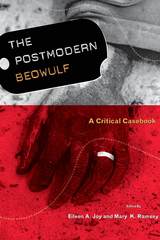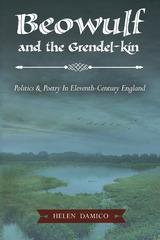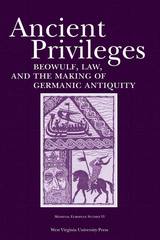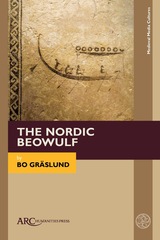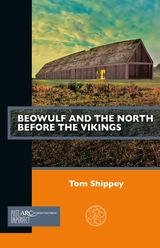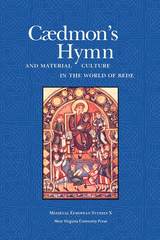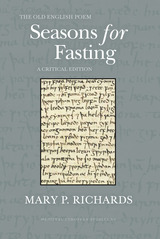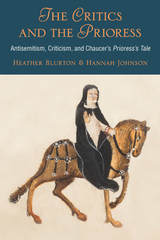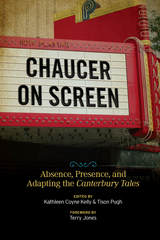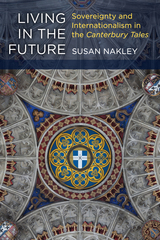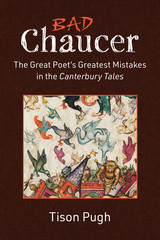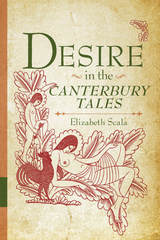The Nordic Beowulf
Arc Humanities Press, 2022
Cloth: 978-1-80270-008-4 | eISBN: 978-1-80270-023-7 (PDF)
Library of Congress Classification PR1587.S28G7313 2022
Dewey Decimal Classification 829.3
Cloth: 978-1-80270-008-4 | eISBN: 978-1-80270-023-7 (PDF)
Library of Congress Classification PR1587.S28G7313 2022
Dewey Decimal Classification 829.3
ABOUT THIS BOOK | AUTHOR BIOGRAPHY | TOC
ABOUT THIS BOOK
In such a wide-ranging, long-standing, and international field of scholarship as Beowulf, one might imagine that everything would long since have been thoroughly investigated. And yet as far as the absolutely crucial question of the poem’s origins is concerned, that is not the case.
This cross-disciplinary study by Bo Gräslund argues that the material, geographical, historical, social, and ideological framework of Beowulf cannot be the independent literary product of an Old English Christian poet, but was in all essentials created orally in Scandinavia, which was a fertile seedbed for epic poetry.
Through meticulous argument interwoven with an impressive assemblage of data, archaeological and otherwise, Gräslund offers possible answers to the questions of the provenance of the Geats, the location of Heorot, and many more, such as the significance of Sutton Hoo and the signification of the Grendel kin and dragon in the sixth century when the events of the poem, coinciding with cataclysmic events in northern Europe, took place.
This cross-disciplinary study by Bo Gräslund argues that the material, geographical, historical, social, and ideological framework of Beowulf cannot be the independent literary product of an Old English Christian poet, but was in all essentials created orally in Scandinavia, which was a fertile seedbed for epic poetry.
Through meticulous argument interwoven with an impressive assemblage of data, archaeological and otherwise, Gräslund offers possible answers to the questions of the provenance of the Geats, the location of Heorot, and many more, such as the significance of Sutton Hoo and the signification of the Grendel kin and dragon in the sixth century when the events of the poem, coinciding with cataclysmic events in northern Europe, took place.
See other books on: Beowulf | Comparative literature | Epic poetry, English (Old) | Oral tradition | Scandinavia
See other titles from Arc Humanities Press
